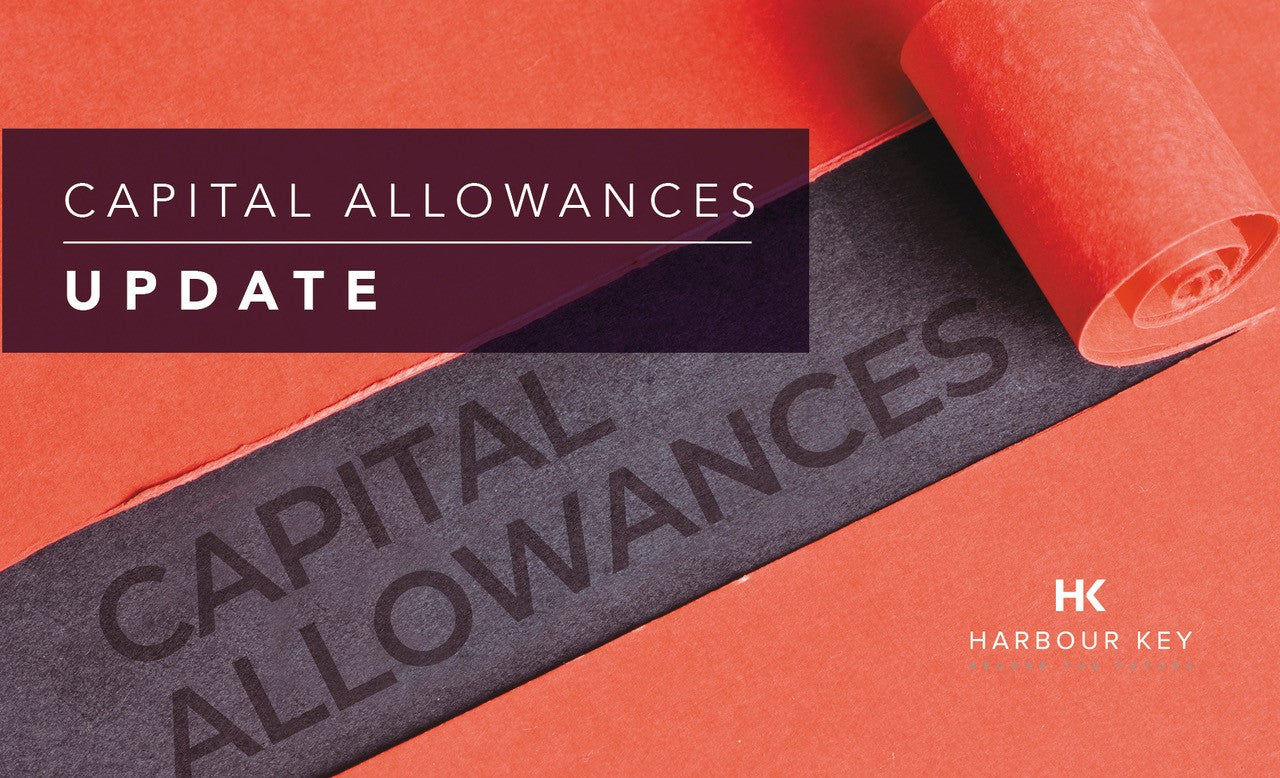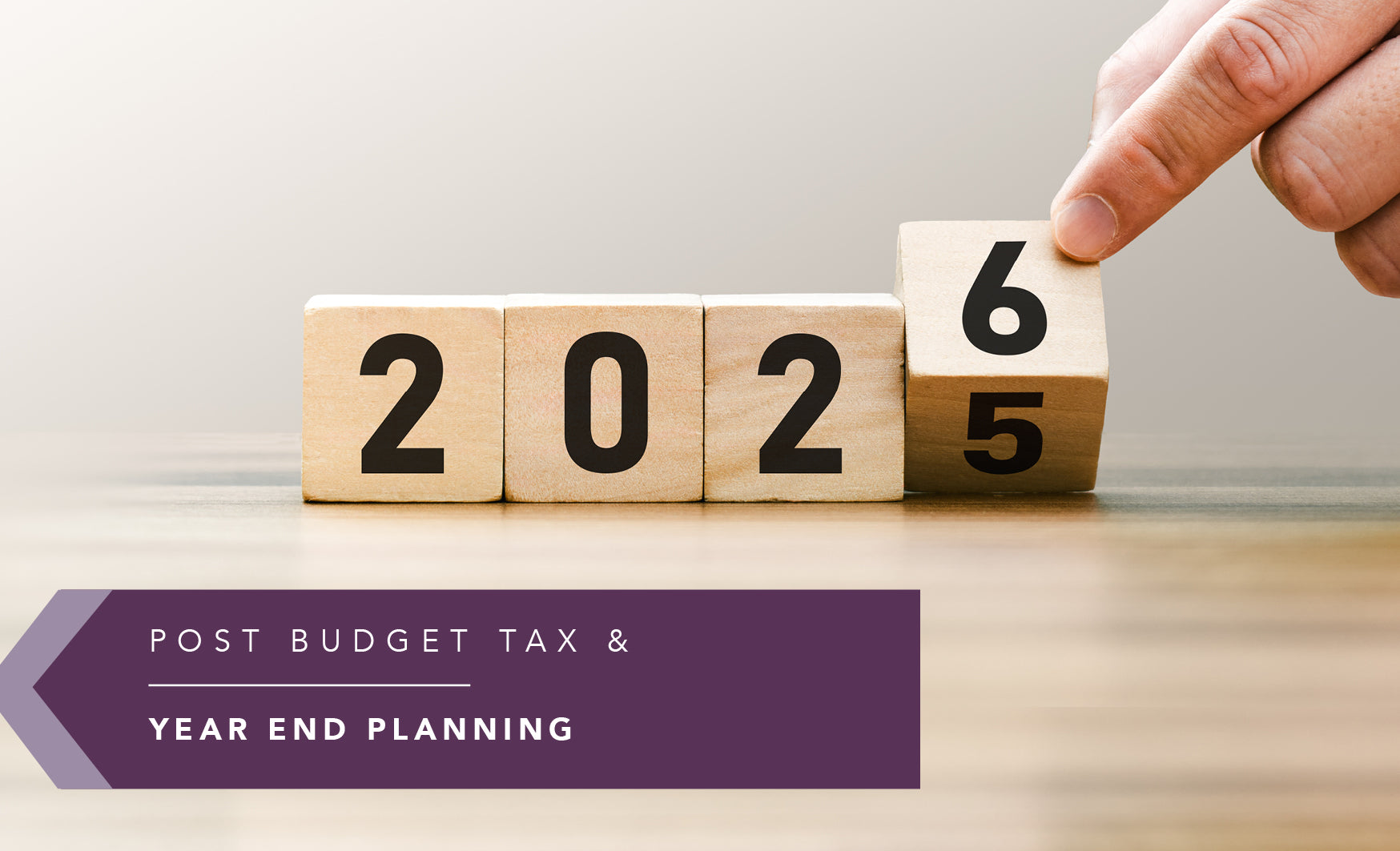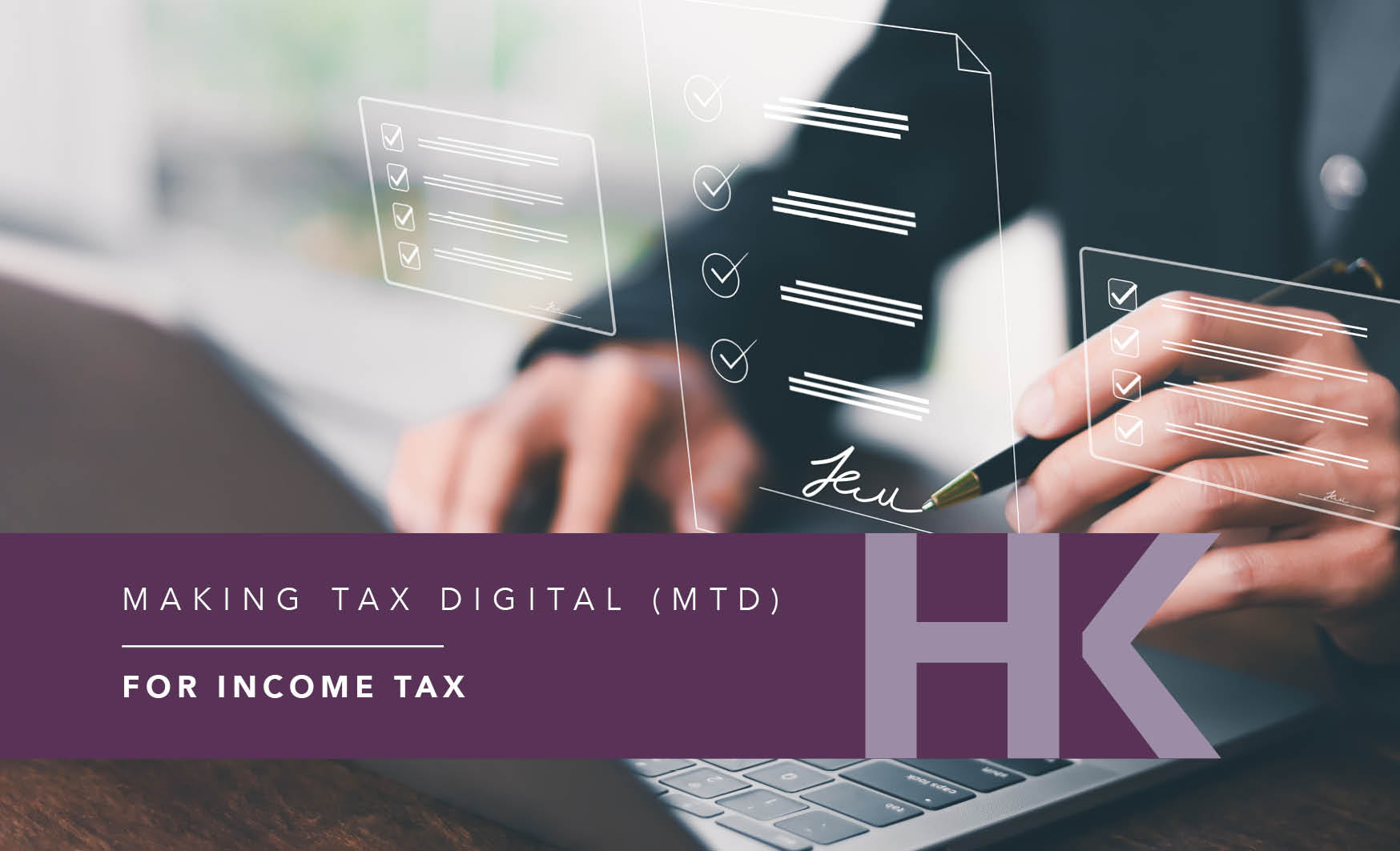
Capital Allowances
One of the big “giveaways” announced by the Chancellor in his March Budget was his temporary 130% super tax deduction; part of his measures to get the UK economy going following the impact of the Covid-19 pandemic.
The legislation was given royal assent on 10 June 2021 bringing in two temporary first year allowances for new capital expenditure:
- Super deduction 130% for plant & machinery main pool expenditure, (which covers most items, cars being the main exclusion);
- Special rate (SR) allowances 50% for items which formerly attracted a writing down allowance of 6%, the main items in this pool will be long-life assets (economic life > 25 years) and integral features forming part of a building.
Capital allowances enable taxpayers to write off the cost of qualifying capital assets against taxable income, replacing depreciation (which is not normally tax-deductible), and therefore businesses can deduct capital allowances from their taxable profits.
If you ever review in detail your tax computation which we provide with your tax return, you will see on page 1 that the depreciation figure provided in the profit and loss in the accounts, has been disallowed (added back to taxable profit), but replaced with capital allowances deductions.
There are two main types of capital allowances:
- Writing Down Allowances (WDAs) for plant & machinery - covering most capital equipment used in a trade;
- Structures and Buildings Allowances (SBA) - covering the construction and renovation of non-residential structures and buildings.
The 130% super-deduction and 50% special rate first-year allowances are new capital allowances for investments in plant and machinery assets.
What qualifies as plant and machinery under the Super-deduction?
HMRC have stated that equipment invested in must be brand new and not used. Examples of plant and machinery include, but not limited to the following:
- Computer equipment and servers;
- Tractors, lorries, vans;
- Ladders, drills, cranes;
- Office chairs and desks;
- Electric vehicle charge points;
- Refrigeration units.
Although cars qualify for capital allowances, they do not qualify for the super deduction or SR. The rate you can claim on a car depends on the CO2 emissions and the date of purchase, although an electric car qualifies for a 100% deduction in the first year.
Super Deduction Qualifying conditions:
- The allowances are claimable by corporation taxpayers (which includes property companies) only. Sole traders or partnerships are excluded. (Although sole traders and partnerships can continue to benefit from the standard capital allowance reliefs, including the annual investment allowance, which gives 100% relief for qualifying expenditure for up to £1m on main plant & machinery until 31 December, after which it will reduce to £200k).
- Expenditure on qualifying assets between 1st April 2021 and 31st March 2023, and only for contracts entered into after 3rd March 2021;
- Must be brand new and not used;
- The expenditure is not within the general exclusions in relation to claiming capital allowance relief:-
- Expenditure in a chargeable period where the qualifying activity is permanently discontinued;
- Expenditure on the provision of plant or machinery for leasing;
- Expenditure on an asset which was initially acquired for purposes other than those of the Qualifying activity;
- Assets acquired by way of a gift.
What happens if the assets are sold?
In the event of the asset being sold or disposed of that would have qualified as an eligible investment under the super-deduction or SR allowance, a balancing charge will arise based on a proportion of the disposal value.
Many of our clients have already taken advantage of the super tax deduction, by replacing their ageing van fleets or completing workplace refits with Covid safety measures in preparation for employees returning. It should also be flagged that capital allowances can be claimed in respect of commercial properties, and qualifying furnished holiday lets. To benefit from the allowances, it is important to consider the claim at the point of purchase or, if refurbishing, during the project to maximise the claim.
There will be pay back in the future with the increase in the corporation tax rate from 19% to 25% (which may be why sole traders and partnerships cannot claim). However, the allowance is available until 31 March 2023 and represents an opportunity to generate tax relief which will help boost cashflow.
Should you need to discuss the super tax deduction or capital allowances in general, please do not hesitate to give us a call on 01452 713277 or email us.



